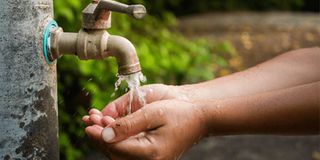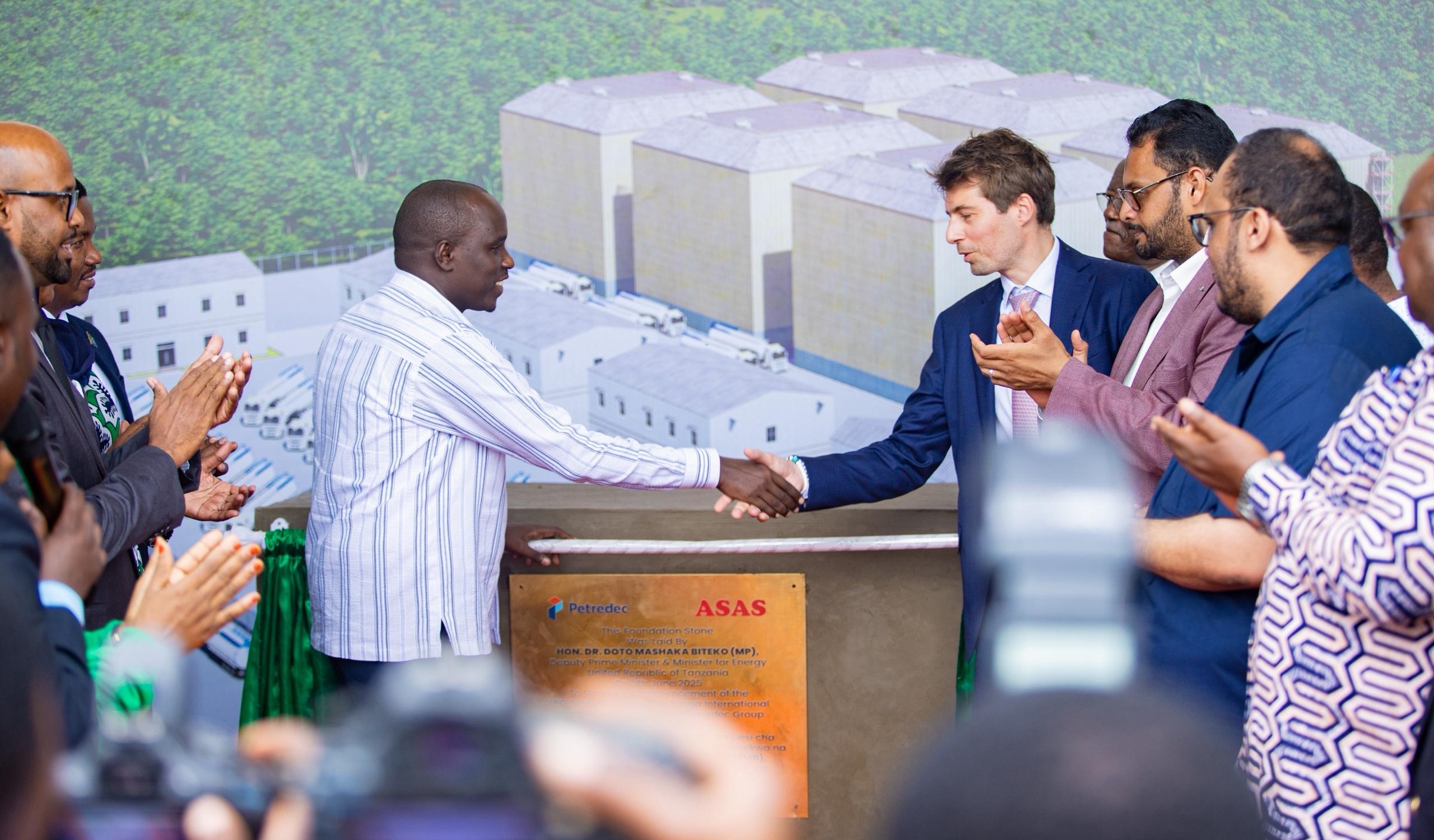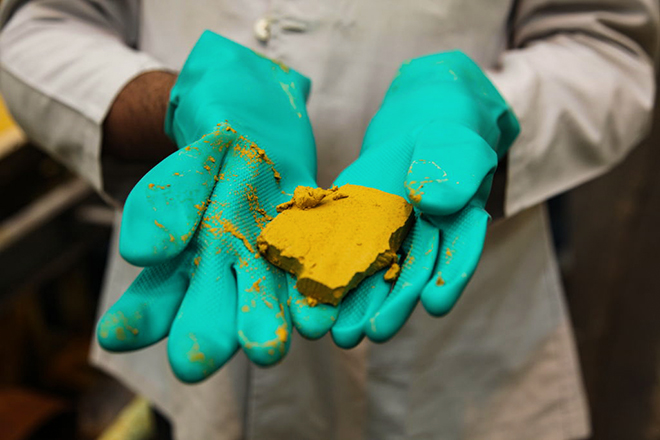How private sector supports access to clean water in Tanzania

Despite improvements access to clean and safe water remains a challenge in various parts of the country
What you need to know:
- Access to clean and safe water for household use and environmental hygiene is vital for protecting public health.
Magu. Every March, Tanzania joins other nations worldwide to celebrate Water Week as part of the international community's commitment to preserving this vital resource.
During these commemorations, which provide an opportunity for stakeholders to reflect and plan on improving water access, statistics indicate that water availability in the country ranged between 77 percent to 79.6 percent in 2023, for many people.
Despite these achievements highlighted by the statistics, access to clean and safe water remains a challenge in various parts of the country, particularly in rural and urban areas.
Water is essential for all living beings; without it, there is no life. Additionally, water plays a crucial role in economic and social development. The level of development of any community globally depends on the availability of sufficient and quality water. In its natural state, water is a part of the environment where its abundance and quality determine its usage.
Access to clean and safe water for household use and environmental hygiene is vital for protecting public health. The use of unsafe water and water scarcity contribute to outbreaks and the spread of diseases such as diarrhea and cholera.
Water consumption has been increasing globally due to population growth and various economic activities such as agricultural irrigation, electricity generation, and industrial processes.
Mwanza, which is experiencing rapid growth, faces significant water challenges, especially in rural areas. The government, through the Rural Water Supply and Sanitation Agency (RUWASA), works tirelessly to ensure the city has sufficient water for its residents and developmental activities. However, due to high and increasing demands, the private sector's contribution is also crucial.
In this regard, Serengeti Breweries Ltd. (SBL) has decided to fund a water supply project capable of serving 12,000 residents of Kabila and Ng’wamagoli villages.
The project, officially launched by Mwanza Regional Commissioner Said Mtanda earlier this month is one of the many initiatives funded by SBL through its program known as Water for Life.
Speaking at the launch ceremony, Mwanza Regional Commissioner Said Mtanda expressed his gratitude, stating that the project has solved a longstanding water problem for the villagers, urging them to safeguard and maintain its infrastructure.
He also thanked SBL for its efforts in contributing to the country's economy through taxes.
"I thank Serengeti Breweries very much for agreeing to contribute Sh.180/= to support the government of President Samia Suluhu Hassan. And today we have been told that water is available in every corner in these villages. Now my call to the residents here is to protect this infrastructure."
He added, "The government recognizes the significant contribution of Serengeti Breweries to our national economic growth. I assure you that the government will continue to cooperate with Serengeti Breweries because they are our big partners and major taxpayers. Through their corporate social responsibility, they have set aside funds not only here in Mwanza but throughout Tanzania for projects like these.”
SBL's Managing Director, Obinna Anyalebechi, stated, "This project is among the initiatives funded by SBL to increase water availability in various needy areas across the country, and we have now reached a total of 26 projects nationwide."
Obinna added, “Due to such projects, rural women, in particular, have more time for other activities since water is now easily accessible. This has also improved their health as they use clean and safe water compared to before.” Regions that have benefited from such projects include Tanga, Kilimanjaro, Ruvuma, Iringa, Pwani, Singida, Arusha, Mwanza, and Dodoma.
Lusia Mwambalaswa, a resident of Kabila village, shared, "This project enables us, mothers, to have more time for work because water is no longer a problem. Also, our girls can attend their studies well since they no longer spend much time fetching water, and the safety of women in our village will increase because we no longer have to wake up early in the morning to go far to fetch water."
Adding to this sentiment, SBL's Communications and Sustainability Manager, Rispa Hatibu, said, "SBL has a policy focused on community well-being, and Water for Life is one of the four priority areas the company supports. The other priorities include Life Skills, Environmental Conservation, and Responsible Drinking."
The Communications Manager continued, "Through collaboration with the African Community Advancement Initiative (AFRIcai), SBL has also provided WASH training to 25 women in this village equipping them with various life skills for economic empowerment such as making powder and bar soaps for washing and bathing."



